|
If you read the writing advice by the greats—Ray Bradbury, Stephen King, Eudora Welty—you come across their suggestion of daily writing. Many professionals recommend that people write on a daily basis, and for many reasons, they are correct. Writing on a daily basis keeps the hand limber so to speak. When people write on a daily basis, even for ten to fifteen minutes per day, the mental processes needed to write (analysis, synthesis, examination) keep in better condition. Just like when a person works out on a daily basis, their muscles are more able to operate at full capacity, so the mental muscles are able to operate more efficiently when they are worked on a daily basis. In Stephen King’s On Writing, he suggests that writers set a specific daily schedule to write without any variation. I agree with his suggestion and believe that when I write on a daily basis that my writing is stronger and the process more efficient. King says he writes every day except Christmas, then he corrects and says that he writes on Christmas too. No matter what individual readers think of King’s fiction writing, his advice is sound. So, if writing every day is so useful to writers, why would anyone suggest taking a writing break? Why would anyone suggest any other method but writing on a daily basis? If it isn’t broken, why try and fix it? Every now and then, a self-care writing break can be just the thing to rejuvenate the mind and stimulate creativity. As part of a blogging group, I see when writers are falling apart. They are running on empty ideas so they end up repeating themselves, or their writing lacks the engaging pizzazz their readers need to feel connected, and their writing lacks the depth and breadth of their best work. They need to take a break. Sure, sometimes muscling through a problem can offer a workable solution. But typically, when a writer is racing on misty fumes, what they really need is to inflow not to outflow. Writers who are stumped, exhausted, or overwhelmed should consider a self-care regime that begins with a decision to stop writing for a short time. Instead, those writers should focus on taking care of themselves by taking it all in, by in-flowing. Inflow and Outflow |
About the SiteWelcome, Writers! Archives
September 2023
|
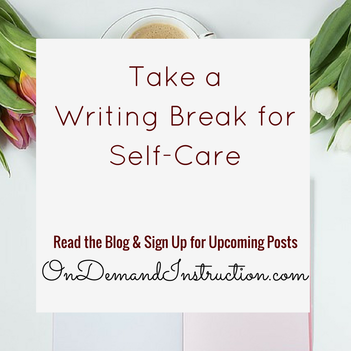
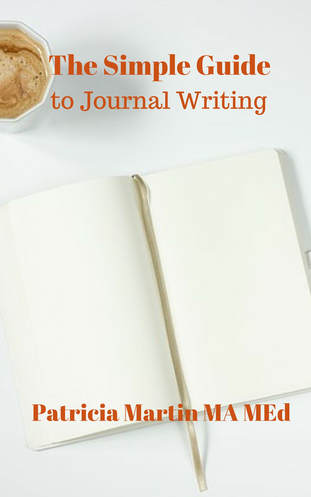

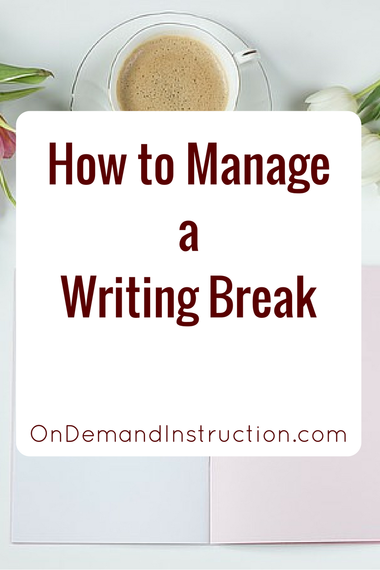

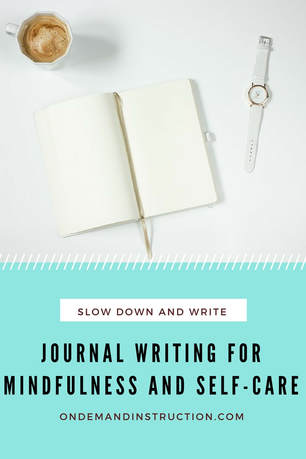
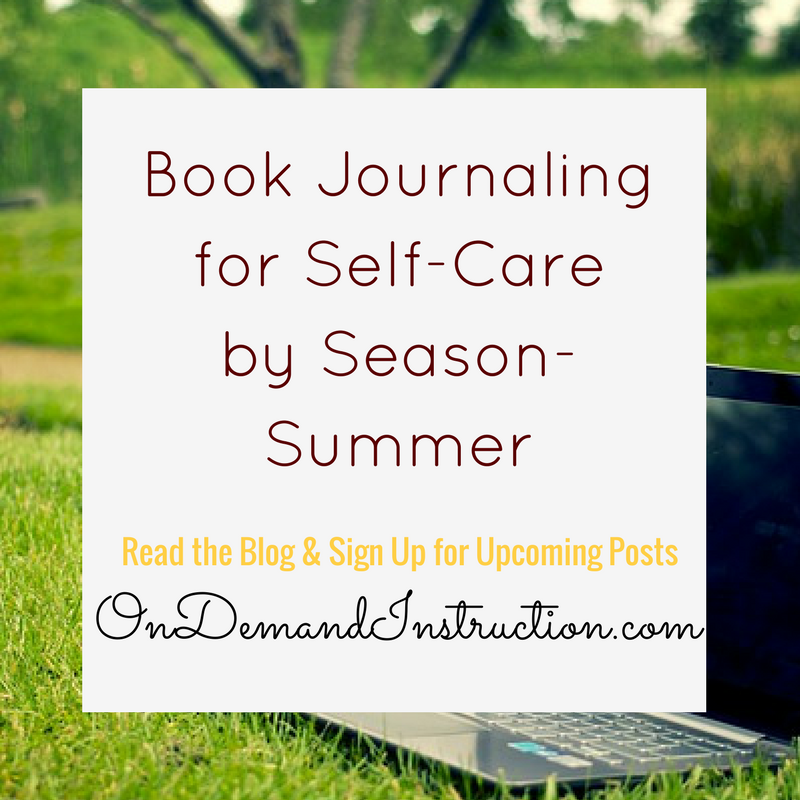
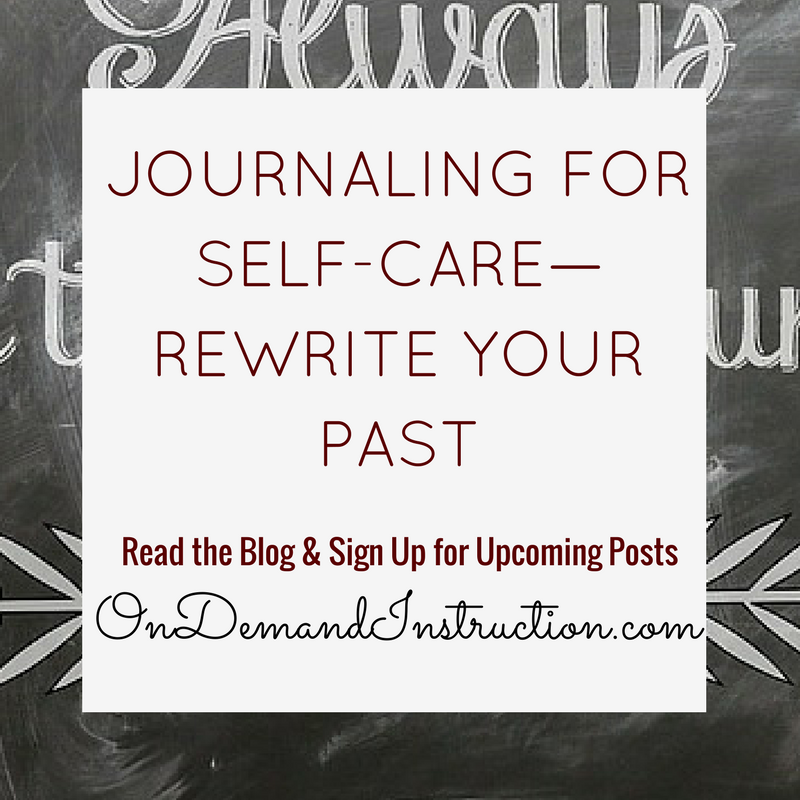

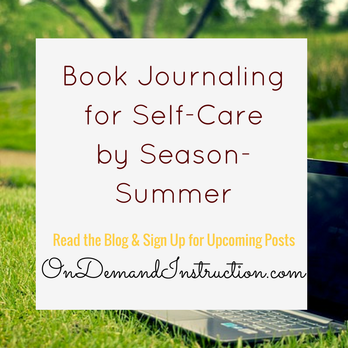
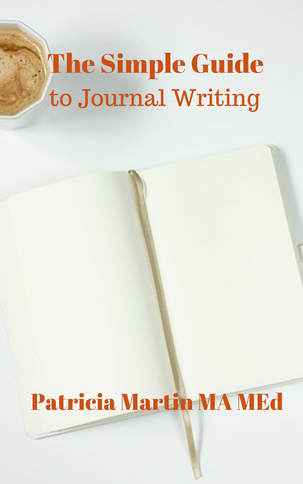


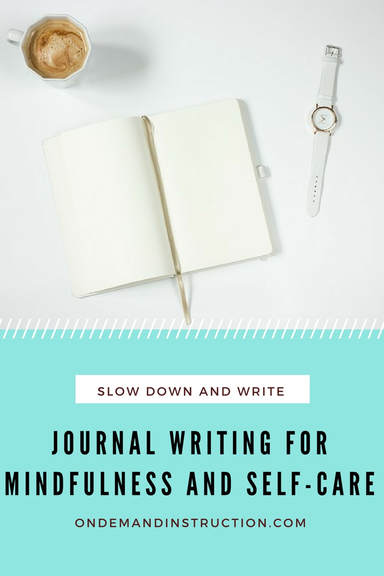

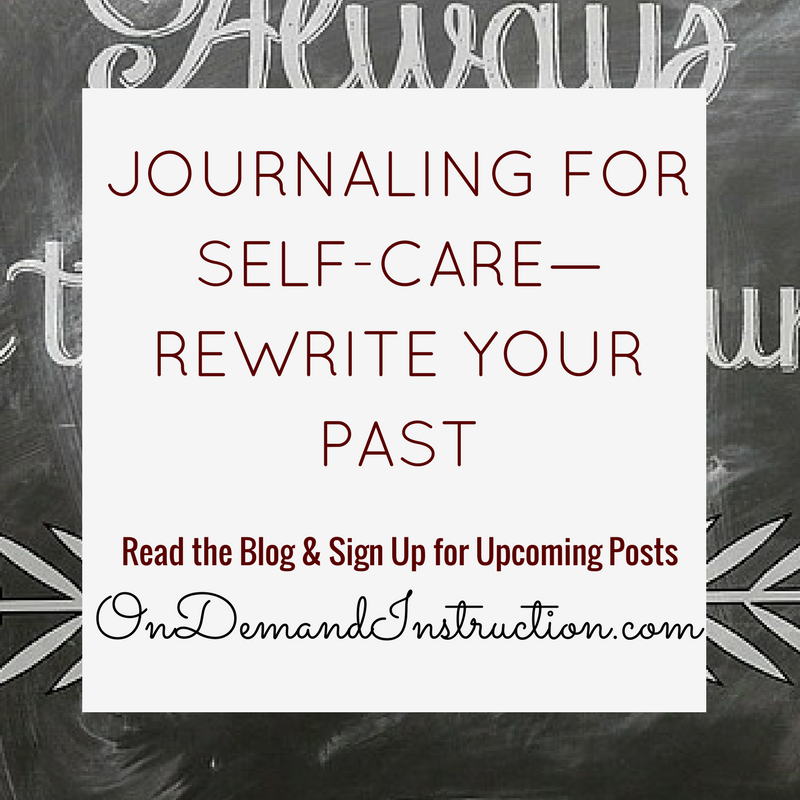
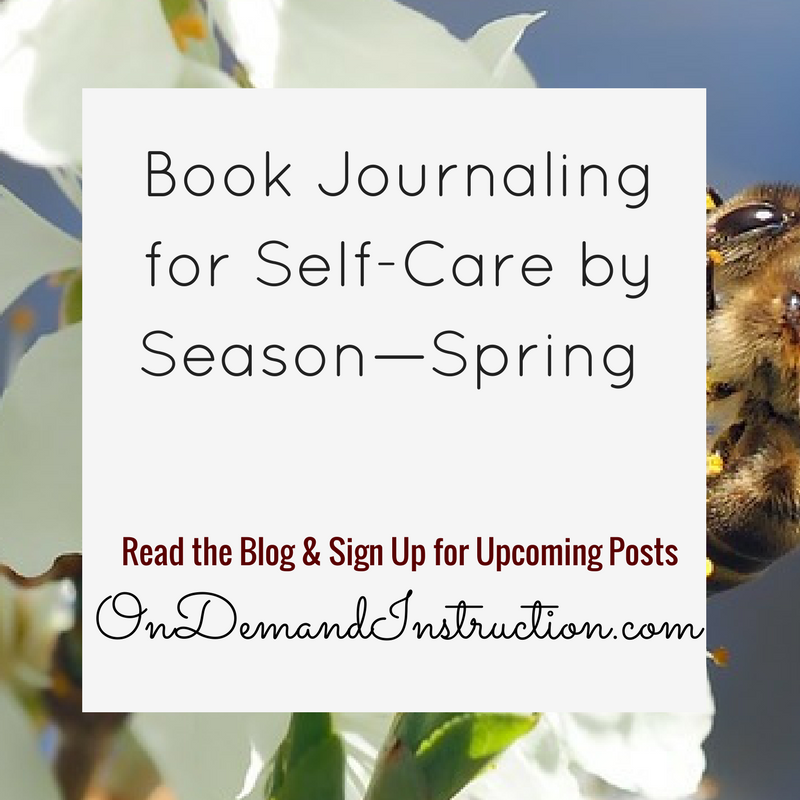
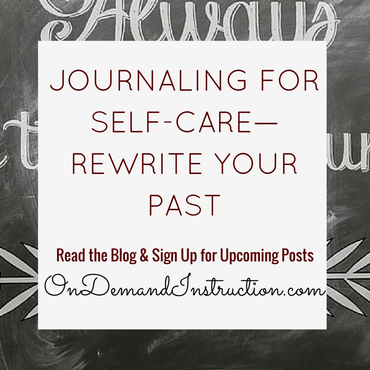

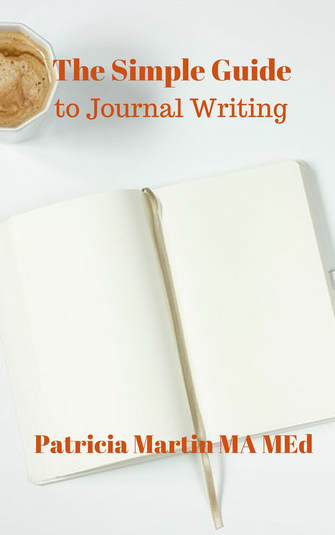

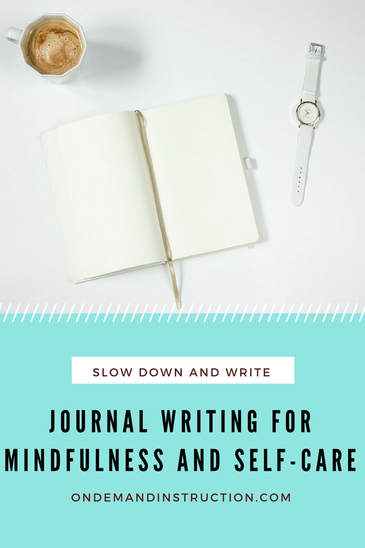



 RSS Feed
RSS Feed